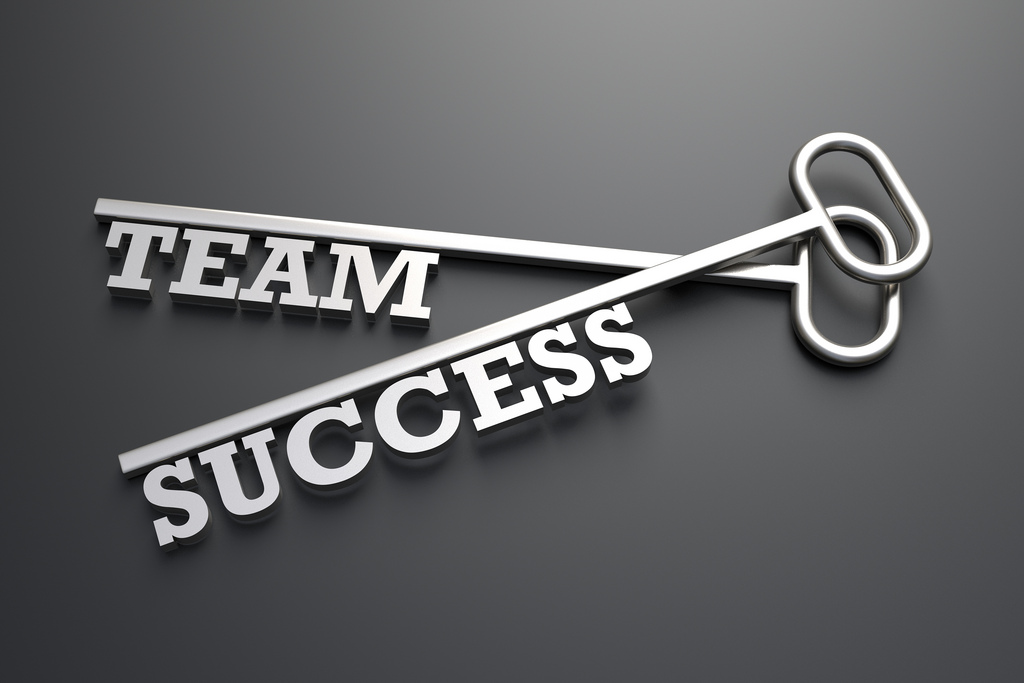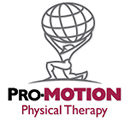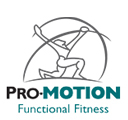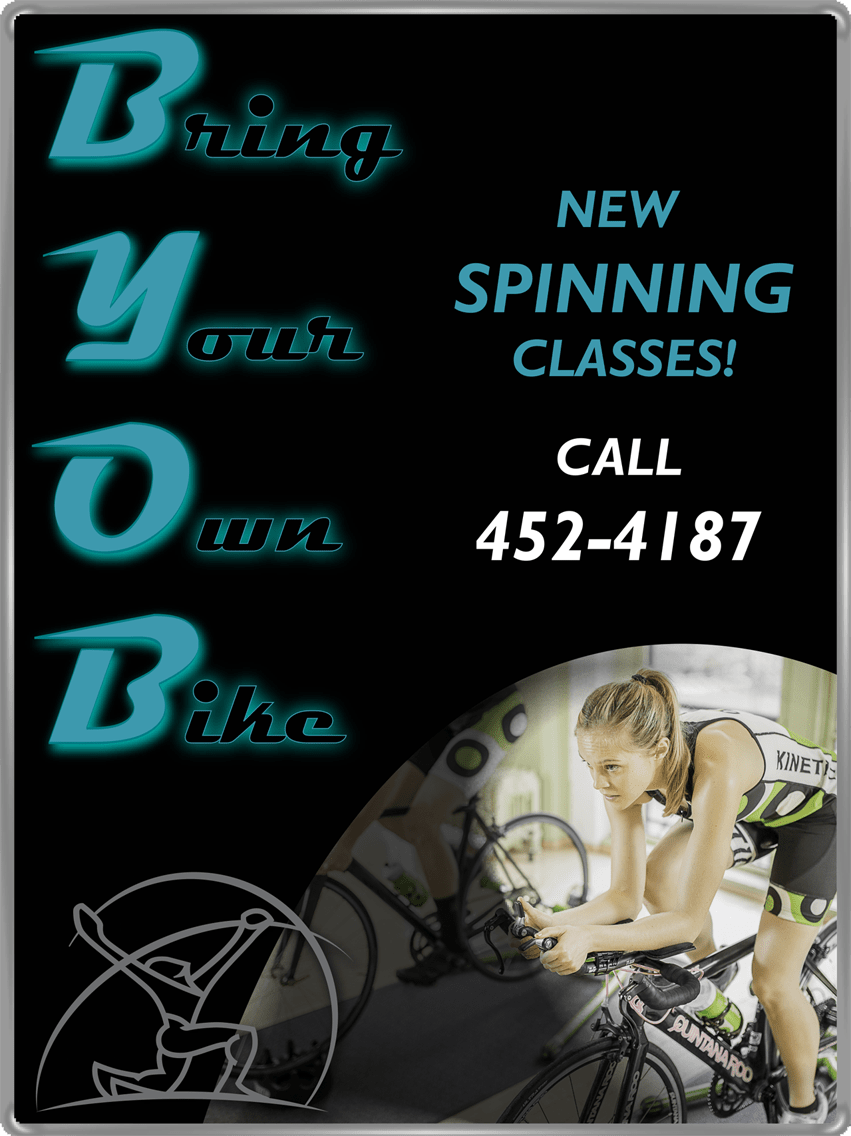FROM THE PROMOPT BLOG

We are moving into the third month of the year and the season is changing just as our healthy lifestyle has over the last few months. For those continuing to progress on your goals, the time is now to begin thinking maintenance. The hard work put in to adopt new behaviors will pay off. If you’re just starting out, you can still use this valuable information. By the end, you will find in your possession a set of tools to help accomplish goals more consistently. Take all you have learned in this “change” series to reach your full potential. Make change last!
As we move forward, I think its best we take a look back and admire everything we have already accomplished.
In November, we began “The Prefunc”; forging a new path of lifestyle change outside the norm. You made a decision not to conform to societal beliefs that new beginnings only happen once a year. New Year’s Day was too far away. You made a choice that Change needed to happen now. And so began your journey.
Then we had the holidays, which are a difficult time for anyone to make healthy choices. With buttery, tender, juicy, sweet courses, how can it be done? Not to mention the fill-your-tummy-to-the-brim pies, pastries and candies. Mouth begins to water. BUT WAIT! You made a commitment to yourself. This time things will be different. In a recent blog, Pro-Motion founder Michael Kane shared that, “Habits are what allow us to take the goals we set consciously and through consistent practice turn them into automatic actions.” Look back and remember the key principles to create your new life habits.
Whew! The holidays were a success. You were successful and started the New Year off way ahead of the gang just coming out of the holiday hangover. Michael then imparted his knowledge on organizing thoughts and creating lasting change with John Boyd’s The OODA Loop; in order to make change successful, you must develop a process. Boyd’s process of organizing thoughts by Observation, Orientation, Decision, and Action is a useful method. It is a tool to guide decision making. It helps make sense of the typically subconscious choices we make in our efforts to accomplish a goal.
Then Michael hit us with The Dip, which basically said success is not always linear. You’ll sometimes hear “the dip” described as barriers, obstacles or roadblocks. In strength and conditioning we call it “The Principle of Diminishing Return”; where success has previously been achieved but results are not producing as rapidly as when you began. Take the dip not as a negative, but as a challenge. Dig as deep as you can within yourself to spring upward and onward.
As you continue along this path of change, look inside to see the person you have become and the confidence you have gained. That insight is the foundation for lasting change. What you learn about yourself through all of these experiences prepares you for the challenges that lie ahead.
I wish I could tell you there is a clear-cut path to maintenance, but that just isn’t true. Instead, here are some great tools you can use to continue your path of success.
Do what works for you:
By now you may have realized what works and what doesn’t; the time of day you prefer to work out or the meal schedule that fuels your day. You may find inspiration through what others do to be successful, however, the habits of one person could be the demise of another. Gather useful information and implement what works for you to form your own healthy habits.
Change one behavior at a time:
Overload is a well-known training principle that states that in order for a muscle to get stronger, or performance to improve, the body must adapt to a stimulus greater than previously experienced. Used in moderation, it can elicit amazing results in performance. However, when overloading too often, catastrophic events are more likely to occur. In the context of behavior change, you will likely have the same outcome. An attempt at changing too many things at one time can create a highly volatile stress environment. Stress overload causes negative health effects such as a suppressed immune system, sleep deprivation, and depression. Focus on building your foundation one healthy habit at a time.
Set short term goals:
Ultimate goals are great however, they may seem unattainable at first. Short-term goals that contribute to the overall outcome can keep you motivated and on track. They should be specific, measureable and realistic. An overall weight loss goal of 50 pounds is too broad. Consider losing one pound a week as a great short term goal or include behavior goals such as walking two miles each day, replacing daily consumption of soda with water, or getting 300 hours of aerobic activity each week.
Write out the plan:
“By failing to prepare, you are preparing to fail.” Benjamin Franklin
Writing out your plan not only creates a tangible relationship, it helps you to prepare for the obstacles that can arise. Your plan is your guide. It is your information supercenter. Your plan will help to distinguish between what is working and what needs to be adjusted. Leave your plan in a place that you can see it often to remind you and hold you accountable.
Challenge yourself and reward success:
One quote has always resonated in me, “If it doesn’t challenge you, it doesn’t change you.”
Similar to short-term goal s, challenges should be consistent with the ultimate goal. If you have reached your weekly goal early, put a little icing on the cake by giving it extra next week. When you notice yourself falling into the dip, challenging yourself can also be the momentum you need to spring out and keep moving forward.
Make sure to create a rewards system. Successful completion of any goal is challenging. Setting up a rewards system can help motivate you. It will remind you that hard work does pay off.
Always remember, “Success is not final, failure is not fatal: It is the courage to continue that counts.” Winston Churchill







